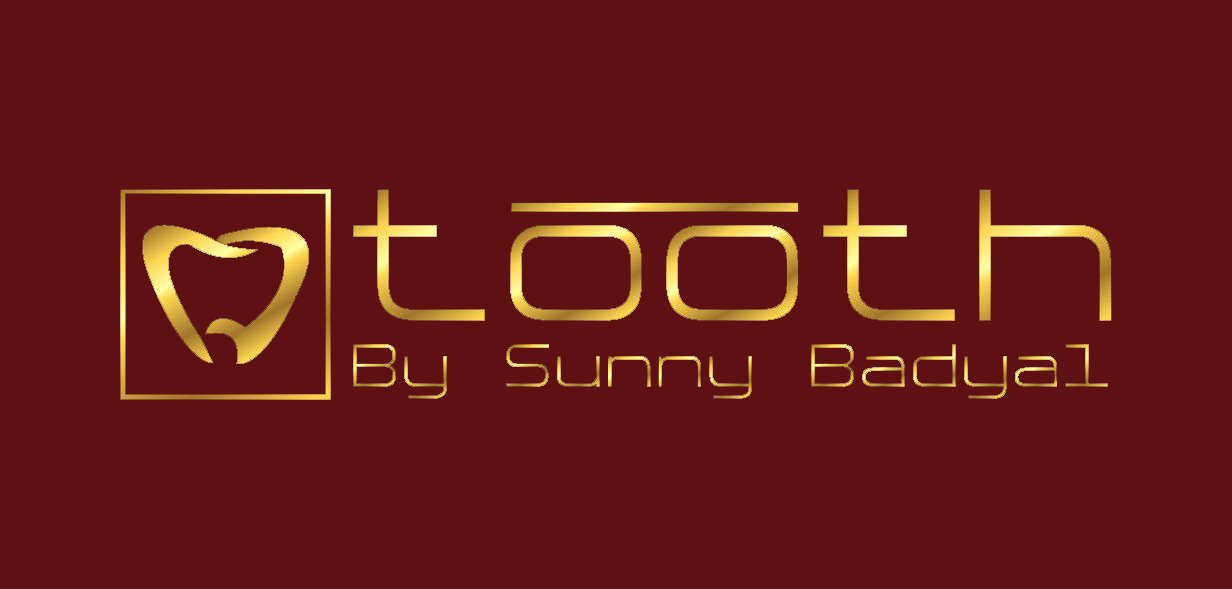How Minerals and Vitamins Affect Your Teeth
- Oct 5, 2021
- 3 min read
Updated: Nov 29, 2024

Maintaining a healthy diet is super important for us as living beings. But we often forget to take proper care of our teeth and gums. We need to ensure good oral health to keep good overall health. Keeping our teeth and gums recharged with necessary nutrients is crucial. So in this guide, we'll discuss how minerals and vitamins affect your teeth. Also, we'll discuss the essential elements and their sources we should include in our diet.
The digestive system is responsible for breaking down the food we eat. This way, necessary nutrients will get absorbed into our bodies. Teeth are also a part of our digestive system. The vitamins and minerals absorbed into the body are responsible for the regular operation of our body. From bone strength to immunity, these elements and molecules play a crucial role in keeping things going the way they should. So let's look at the essential minerals and vitamins we all need to include in our diet.
ESSENTIAL MINERALS AND VITAMINS FOR YOUR BODY:
We'll start with one of the most crucial elements we require as humans for a better life, calcium.
CALCIUM
Calcium is one of the most necessary minerals for improving bone and jaw strength. It is also the most abundant mineral in our body, and roughly 99% of it is in our teeth and bones. Calcium also strengthens tooth enamel which, if you know anything about oral health, is key to keeping the teeth protected. The mineral is most abundant in dairy products such as milk, cheese, and yogurt. It is also present in green vegetables like broccoli and beans. Also, you'll find traces of calcium in almonds.
PHOSPHORUS
The job of the second most abundant mineral in our body is to support the most abundant one. It helps calcium in building strong bones and teeth. Phosphorus also protects the teeth and helps in the reconstruction of the tooth enamel. The mineral is found in protein-rich foods like beef, poultry, fish, and eggs. As for seafood, you'll find it more in shrimp, tuna, scallops, cod, and salmon. Vegans could grab it from soybeans, lentils, and pumpkin seeds.
As for vitamins, we highly recommend you consume the most you can. But if you're unable to gather them all at once at your dining table, focus on the following.
VITAMIN A
Vitamin A helps in absorbing calcium and protein. It is also responsible for keeping the mucous membranes healthy. These sheets of tissue that line cavities in the mouth protect your teeth and gums by preventing a dry mouth. Vitamin A also aids in the quick healing of injuries inside the mouth. Veggies such as carrots, apricots, oranges, pumpkin, sweet potatoes, and cantaloupe are abundant sources of Vitamin A. Fish, egg yolks, kale, spinach, and collard greens are often considered batteries of vitamin A. Also, foods that contain high levels of beta-carotene are indirect sources of Vitamin A.
VITAMIN C
This one helps in gain protection against gingivitis and holds your tooth in place. Leafy and other green foods are good sources of Vitamin C. Spinach, broccoli, Brussels sprouts, and cabbage will supply Vitamin C along with fibers that help in proper digestion. Lemons, oranges, and grapefruits are powerhouses of Vitamin C and go well with most beverages.

VITAMIN D
Vitamin D boosts mineral density. It also aids in the absorption and transportation of calcium in our bodies. Fatty fish, milk, orange, portobello mushrooms, and cereals are excellent sources of Vitamin D. Also, we believe a walk in the morning will keep your Vitamin D levels at an optimum level.
Even though you follow a healthy diet, we highly recommend visiting your dentist or the family doctor for an occasional uplift. Just in case of extremity, call Emergency Dental Appointment Sacramento for easy and stress-free resolution. These magicians will be able to tune your diet without the need for a lab test.






Comments